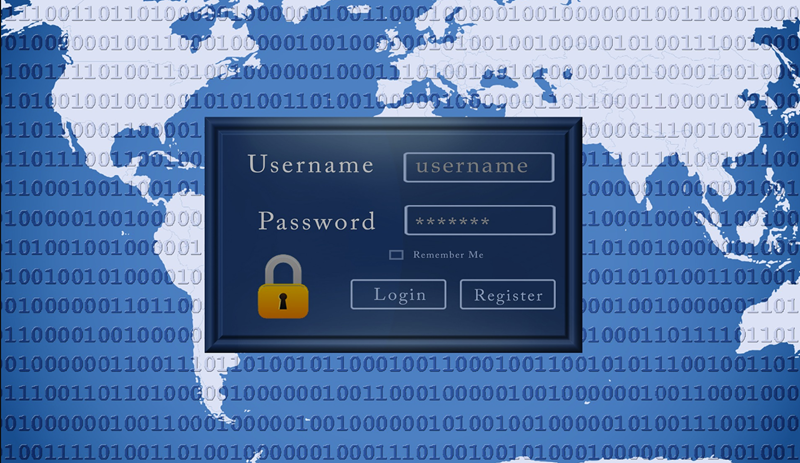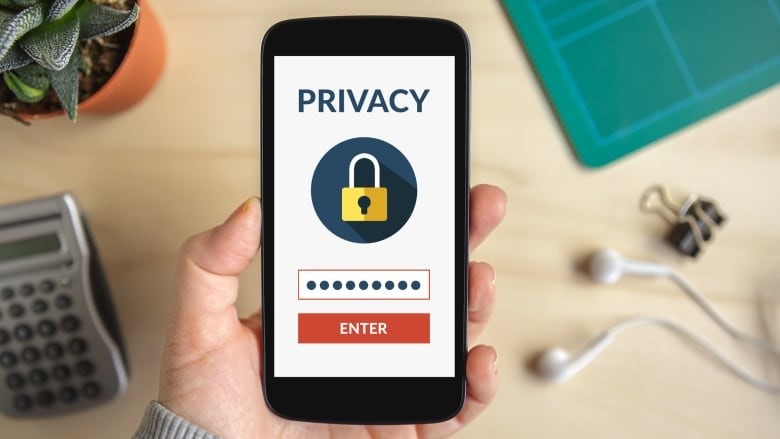There are several advantages that come with streaming content online. If you love movies and Tv shows, streaming gives you access to many different shows across the globe. So, you get endless variety of material to choose from. You get to watch movies you are interested in for free. Unlike tv, you do not have to take commercial brakes when watching your favorite shows from the Pirate Bay. Not to mention, streaming online is very convenient and you can watch any show any time you please.
However, streaming does come with some disadvantage. Sometime, your safety is compromised even when you are streaming from secure sites. Hackers can find a way to steal your personal information and use it for financial gain.
Here is what you can do to stay safe while streaming content online
Install and anti-virus and keep it updated
Cybercriminals send ransomware to your computer to encrypt files so they require payment to restore. Trojan horse programs are used by hackers to steal personal information and bots are sent to implement a set of commands on your computer. Viruses affect your systems performance and user information.

You can stop all this by simply getting an updated antivirus protection software. Anti-virus software works by recognizing the virus and removing it from your system before it can cause any harm. They can block or stop spam websites and pop-up ads that try and make a way into your system.
Use unique passwords every time you log in
One of the common ways hackers will try to steal your information is by re-suing the username and password obtained from different sites. Let’s say they manage to get into your email, they will try to use the same combination of password and username to get into other sites like your bank account.

The best way to prevent this is by using a strong combination of passwords for each site. A strong password, by definition, is one that no human or machine can guess. It needs to have upper class and lowercase letters, a combination of random numbers and letters and special characters. Don’t use words you can find in the dictionary or personal information when setting up your password. Make sure to use 2 factor authentications for your passwords so you can make it difficult for anyone else to access your information.
Do not save passwords in your browser
When you visit a site that requires login credentials, the passwords are saved by your internet browser to make it easier to log into the account later on. While this makes it easier for you to long into your account without having to remember, your personal information becomes vulnerable to hackers. They gain access to browser stored data using malware.
Make purchases with your smartphone
Using your credit or debit card online leaves you vulnerable to cyber-attacks and can have a huge toll on your financial safety. Using your smartphone as a payment device is the safest way to maintain financial security. With smartphones, you can use apps that use one-time authentication codes whenever you are doing any financial transaction online. This means, even if hackers have your credit card details, they would need access to your smartphone in order to make a successful financial transaction with your details.
Clear your browser cache
Many people underestimate how much personal information browser caches can have. Having saved searches, history and cookies can store your financial information, passwords, address and other personal data. The best way to protect your browser information is by getting rid or browser history and cookies whenever you explore the internet.
Watch out for phishing scams
Cybercriminals will use email and text messages to trick unsuspecting individuals into giving them personal information like credit card numbers and other details. Once they get access to this information, they use it to gain access to your email, bank, and social media for malicious activities. Thousands of phishing attacks are launched everyday making it easy for anyone to fall prey to them. The first solution is to use security software that automatically deals with such threats. Avoid clicking on suspicious emails or sending persona information to random sites online.
